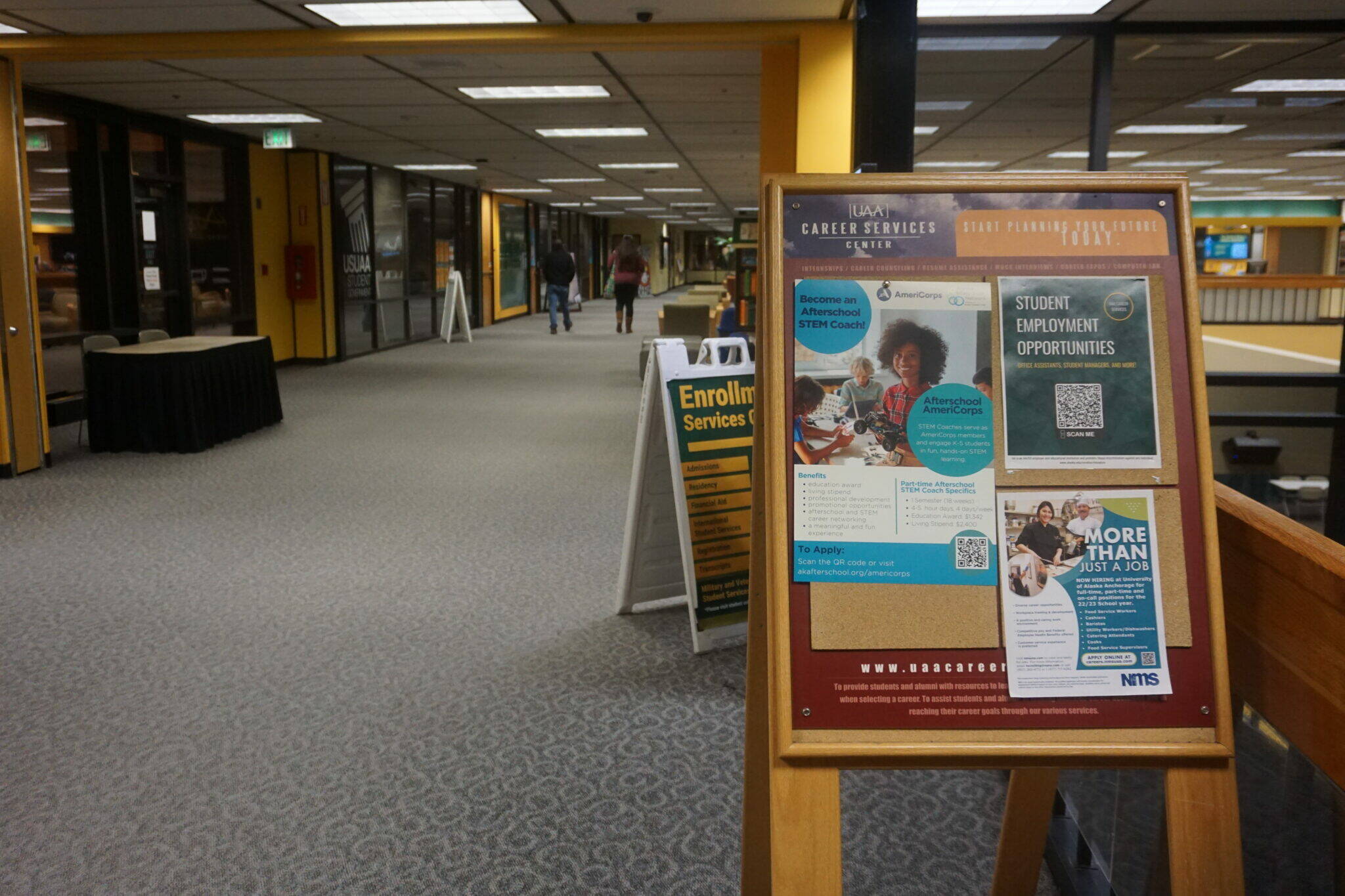Alaska’s minimum wage will increase on Jan. 1, 2024 from $10.85 to $11.73 an hour, in accordance with a law put in place by a 2014 citizen initiative, the state Department of Labor and Workforce Development announced.
The law mandates regular increases in the minimum wage to match inflation rates as determined by the Consumer Price Index in Anchorage.
Compared to the rest of the nation, the state’s minimum wage is “a little bit middling right now,” said Joelle Hall, president of the Alaska AFL-CIO. It appears on track to stay that way for at least the near term. Even after the increase that will go into effect at the start of 2024, 20 states will have higher minimum wages than Alaska’s, according to the U.S. Department of Labor.
Comparing different states’ minimum wages can be complicated, Hall added, because some states allow tipped employees to be paid lower wages. Alaska does not have such a tip-credit system, she said.
Even as Alaska’s minimum wage is headed for an incremental increase, an initiative campaign is underway to hike the state’s minimum pay more.
The initiative, sponsored by a group called Better Jobs for Alaska, would bring the minimum wage to $13 an hour in 2025, $14 an hour a year later and then $15 an hour the following year. Beyond that, annual increases would be pegged to inflation in the manner currently used.
The current system put similar steps in place, starting with a $1-an-hour rise in 2015 from the 2014 minimum wage of $7.75 an hour.
While the current system is expected to eventually bring Alaska’s minimum wage to $15, the initiative would accomplish that goal faster, said Hall, who is involved in the campaign.
“We’re kind of on the same path, but I think this will be a little bit of an acceleration,” she said.
The initiative was certified on Sept. 1 by Lt. Gov. Nancy Dahlstrom, who oversees the state Division of Elections, meaning that petition signatures may be gathered.
To get on the statewide ballot, initiatives must have attracted petition signatures from registered voters totaling 10%of the number who voted in the previous statewide election. Additionally, state law requires that petition signatures be gathered from at least 30 of the state’s 40 legislative districts.
Hall said the group expects to have sufficient signatures in time to get the measure onto the November 2024 ballot. To accomplish that, the signatures must be submitted in January, before the Jan. 17 start of the Alaska Legislature’s 2024 session, she said.
The ballot initiative extends beyond the minimum wage. It includes a requirement for paid sick leave and would prohibit employers from punishing workers for failing to participate in political or religious meetings or events.
• Yereth Rosen came to Alaska in 1987 to work for the Anchorage Times. She has reported for Reuters, for the Alaska Dispatch News, for Arctic Today and for other organizations. She covers environmental issues, energy, climate change, natural resources, economic and business news, health, science and Arctic concerns. This story originally appeared at alaskabeacon.com. Alaska Beacon, an affiliate of States Newsroom, is an independent, nonpartisan news organization focused on connecting Alaskans to their state government.

